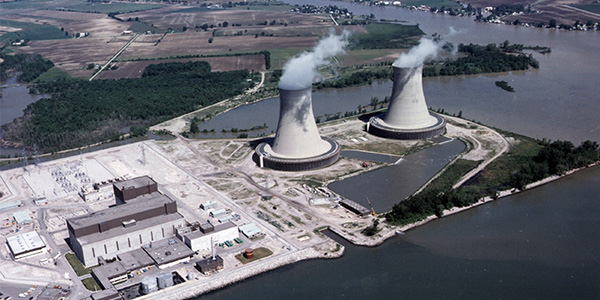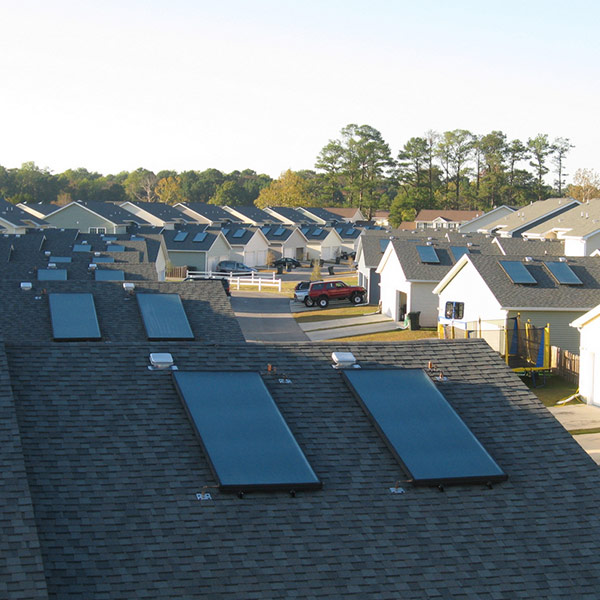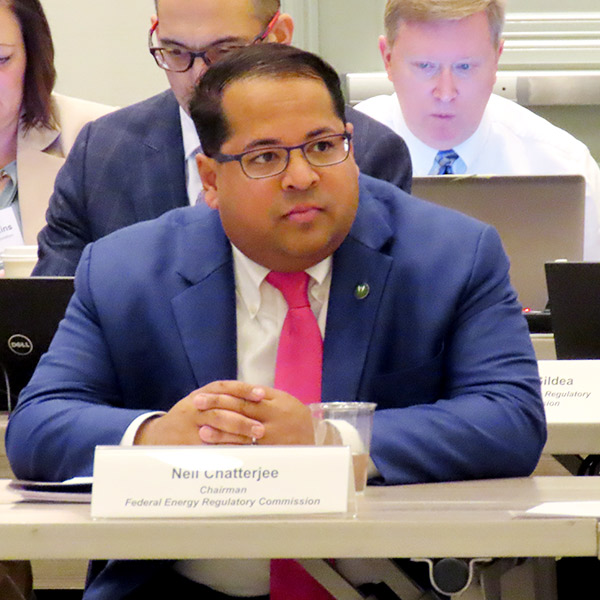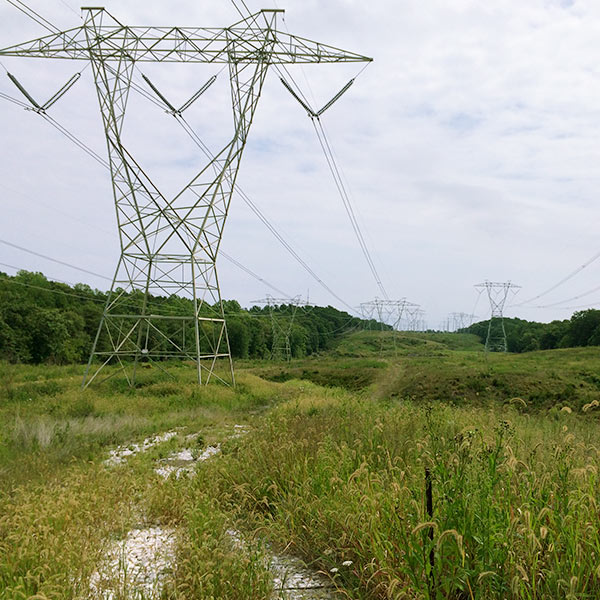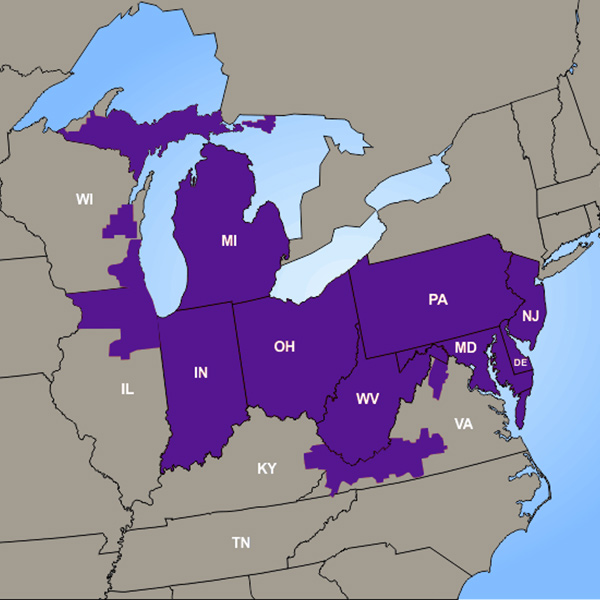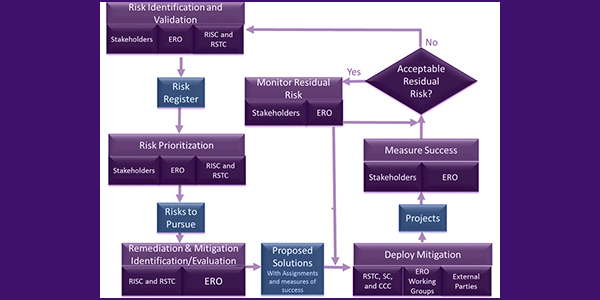FERC & Federal
The Federal Energy Regulatory Commission is an independent regulatory agency that oversees the transmission of electricity, natural gas and oil in interstate commerce, as well as regulating hydroelectric dams and natural gas facilities.
FERC has approved a set of amendments to SERC Reliability’s bylaws aimed at creating “a more strategic, efficient and effective governance body.”
FERC accepted settlements for violations of NERC reliability standards, with AEP, DTE, Eversource, PGE and Exelon among those hit with monetary penalties.
FERC has approved NERC’s request for a $3.8 million budget variance to support development of the ERO Secure Evidence Locker.
FERC is seeking comment on a proposed incentive framework for utilities making cybersecurity investments above the requirements of NERC’s CIP standards.
NARUC and NASEO have launched the Cybersecurity Advisory Team for State Solar, aimed at improving cybersecurity defenses in solar energy facilities.
FERC issued a NOI seeking comments on potential gaps in NERC’s critical infrastructure protection standards and what actions it may need to take.
NERC has asked the Federal Energy Regulatory Commission to dismiss a complaint brought by security activist Michael Mabee against the ERO’s CIP standards.
FERC rejected a complaint by security gadfly Michael Mabee alleging that NERC’s physical security standard is ineffectual and unenforced.
FERC accepted a settlement between ReliabilityFirst and an unnamed entity in the Eastern Interconnection for violations of NERC reliability standards.
NERC provided FERC with information about its oversight of regional entities and the role of the E-ISAC in developing reliability standards.
Want more? Advanced Search

